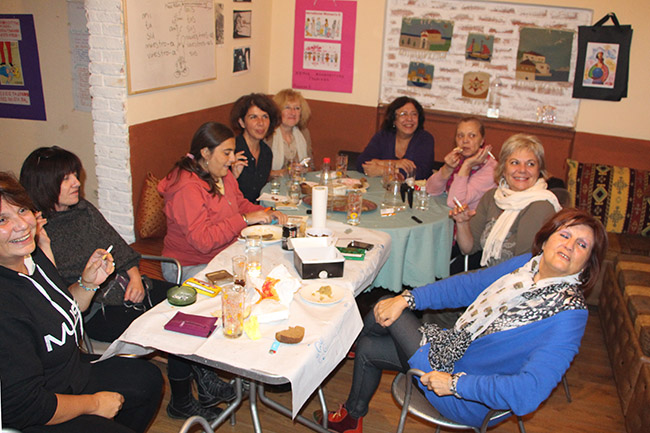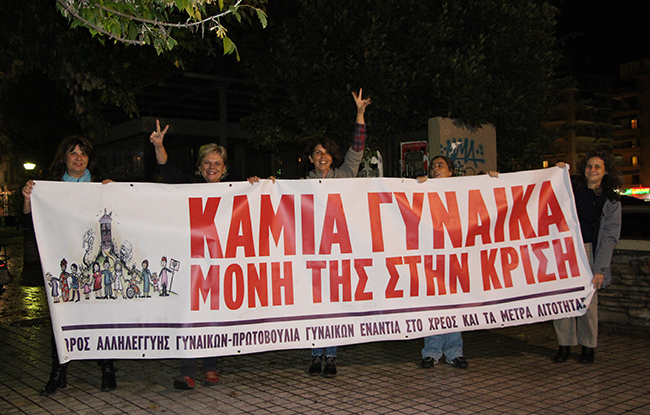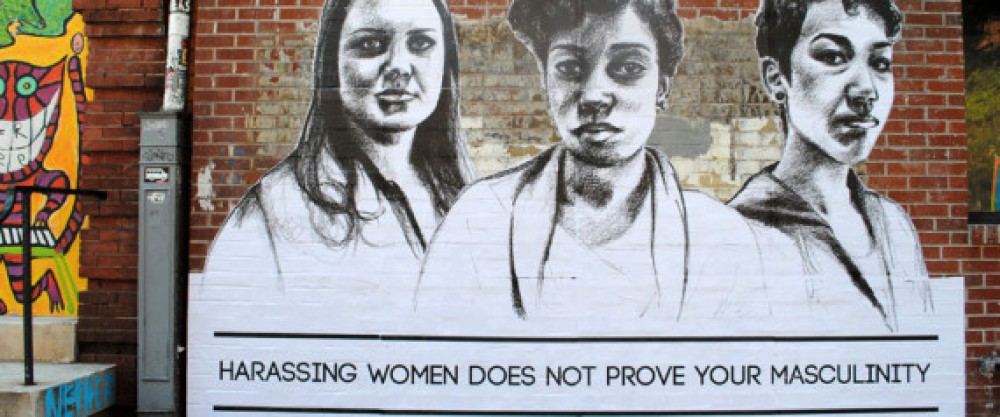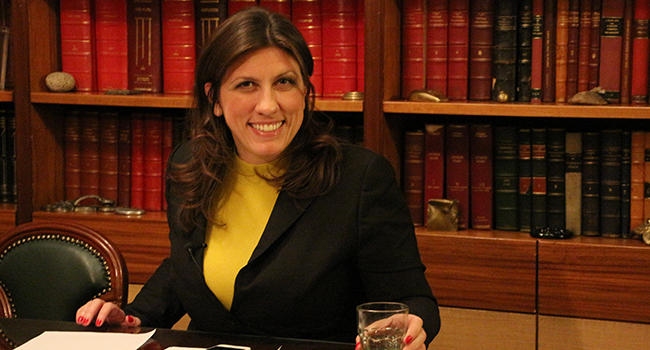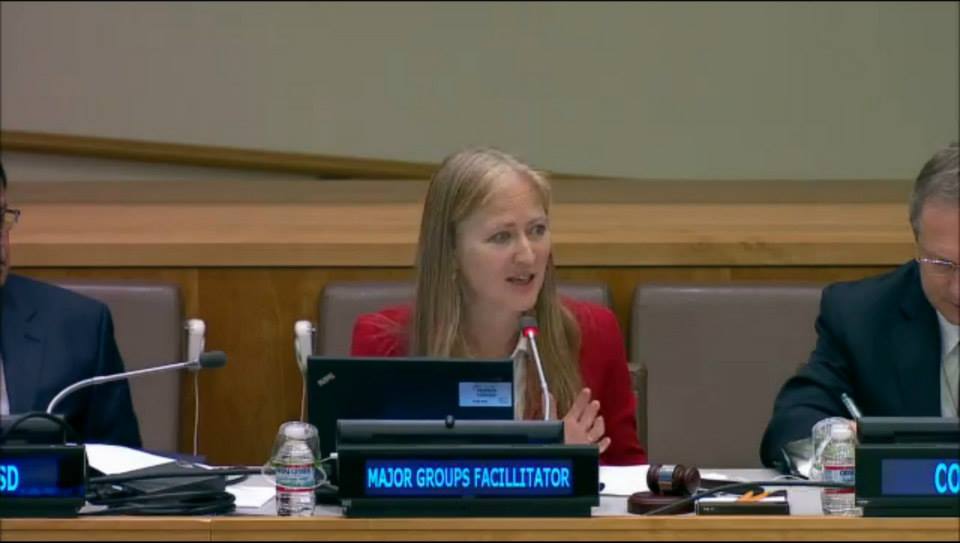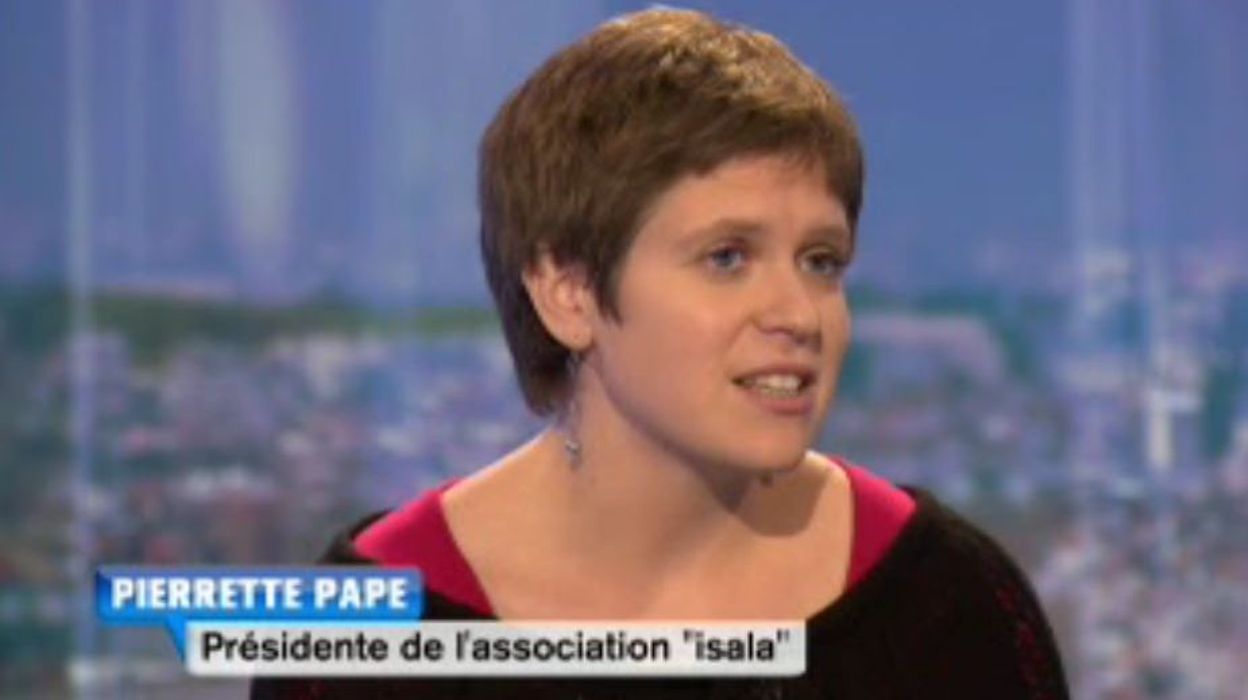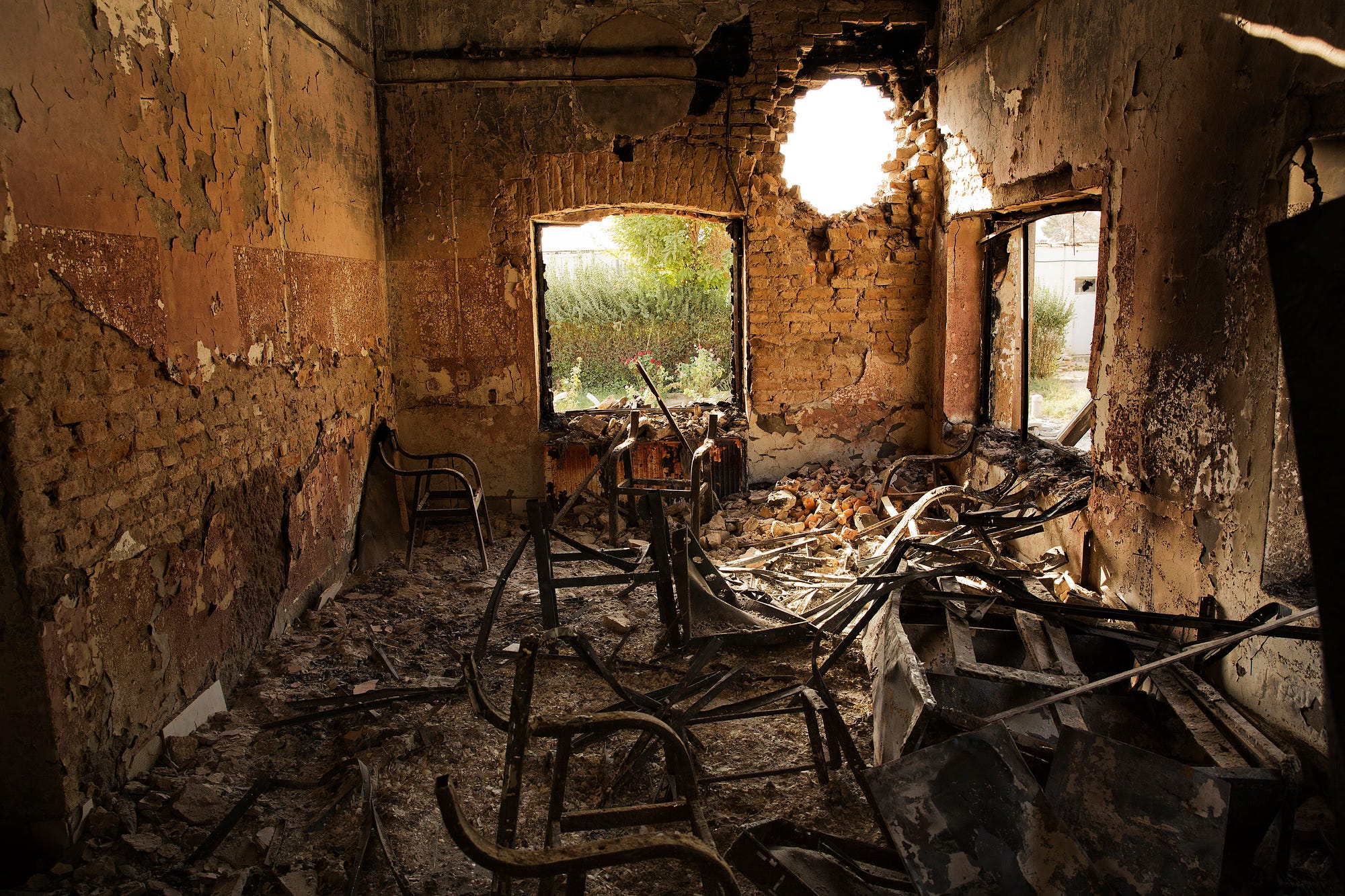
When 17-year-old Aminata fled Guinea Conakry, she did not have a passport. One of her teachers helped her to break free from a cycle of constant domestic rape and sexual assault. The helping hand handed her to a smuggler, who was also her torturer. He raped her and, once in Paris, stole her ID documents. This is how she landed in France with only her school card in her pocket. In 2012, Aminata applied for asylum.
She joined the cohort of vulnerable and isolated migrants targeted by Afro Beauty salon owners and managers in search of cheap and vulnerable workers in the “Château d’eau” area of Paris. The conditions of work were unspeakable and their wages not paid.
After 11 months of struggle supported by the CGT union, the workers finally managed to receive their salary and proper documentation. Minister of the Interior Bernard Cazeneuve promised Aminata that she would receive her “titre de sejour,” her temporary work permit necessary to stabilize her situation, now that she finally holds a regular job.
The day she was supposed to receive her permit, she was arrested and detained for 3 days.
She was accused of having provided a false passport. Aminata could not have a passport without returning to Guinea where she would have been in danger, and so she authorized a relative to secure her passport. Aminata never had any control over the process and is now accused of not providing a valid passport.
Who is going to bring to court the ones who have created this situation in the first place?
The CGT Union, who defended her and her colleagues last year against the “chateau d’eau” mafia, is now organizing to defend her rights to keep working in France, simply to have access to a decent life without sexual assault or work abuse. A petition is circulating to demand that the victim does not become the accused.
Having a passport or traveling documents is the biggest challenge for the most vulnerable populations like Aminata, especially those, mostly women, who are escaping violence. The differential of rights is growing as much as financial inequalities are rising, making violence more acceptable than rights. Who is going to defend the dignity of “the wretched of the earth”? Who has the right to travel safely to escape violence, with or without a passport?
(Photo Credit: l’Humanité)
